A term originally coined in 1990 by two psychology professors, emotional intelligence is now viewed as a benchmark skill for all effective leaders. 1998 saw Rutgers psychologist Daniel Goleman establish the importance of emotional intelligence in the role of business leadership, penning one of HBR’s most enduring articles “What Makes a Leader” where he definitively states:
The most effective leaders are all alike in one crucial way: they all have a high degree of what has come to be known as emotional intelligence. It’s not that IQ and technical skills are irrelevant. They do matter, but…they are the entry-level requirements for executive positions. My research, along with other recent studies, clearly shows that emotional intelligence is the sine qua non of leadership. Without it, a person can have the best training in the world, an incisive, analytical mind, and an endless supply of smart ideas, but he still won’t make a great leader.
Featuring five crucial components that signal emotional intelligence, these factors arm people with the tools to recognise, connect with and develop empathy for others and their emotional and mental states, they include:
Self-awareness:
With a heightened sense of self, leaders are more attuned to their own strengths and weaknesses and are more inclined to lead and manage with humility.
Self-regulation:
Those in positions of influence through self-regulation rarely make decisions based on an initial emotional reaction. They are less inclined to stereotype employees or compromise their values.
Motivation:
Motivated leaders strive consistently towards goals and hold high standards for their own quality of work – which in turn inspires all team members.
Empathy:
The ability to place oneself in another shoe highlights a capacity for empathy for all team members. Leaders who show empathy are more inclined to develop, challenge and provide constructive feedback to their employees in order to up-skill and support everyone’s journey to professional accomplishment.
Social Skills:
Leaders who possess active social skills are usually effective communicators, skilled negotiators who employ a heightened sense of diplomacy to situations and resolve conflicts diplomatically.
The ability as leaders and managers to understand and recognise emotions and those of their employees benefits all involved. Such an innate quality affords individuals with many skills, from relationship building to navigating social networks through to influence and inspiration. For all the latest in leadership skills and techniques, call Tony Farugia of Headspace Behavioural Science on 0458 888 756 or email: info@headspacebehaviouralscience.com.au for further information.

